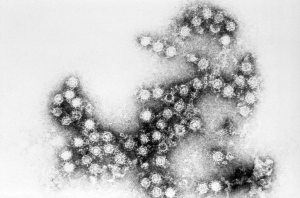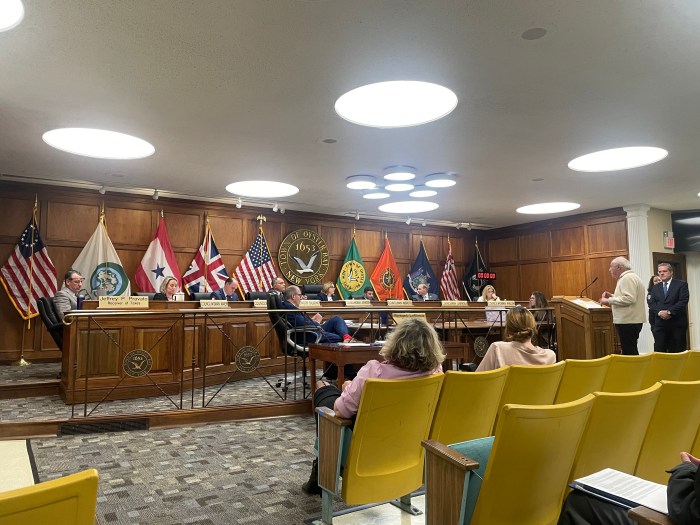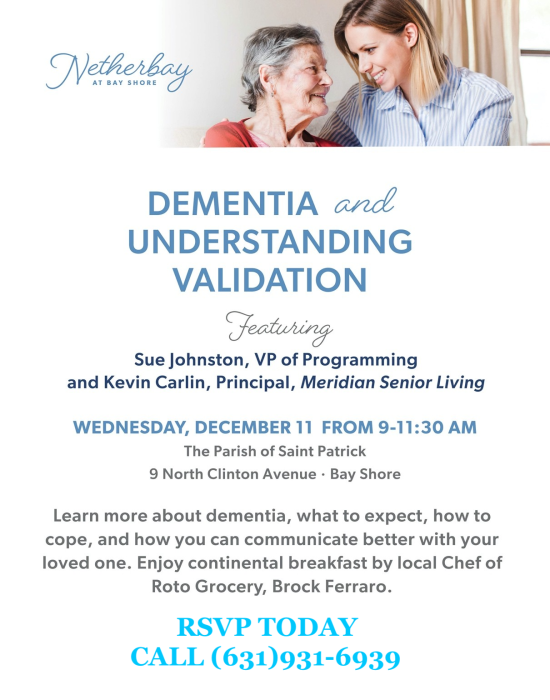
Despite the national media attention about Ebola in recent weeks, there is one virus that is actually affecting Long Islanders, Enterovirus D68 (EV-D68), with one of the first cases identified in North Hempstead on Sept. 18 and a recent case on Oct. 15 in Suffolk County, which school officials called for the closing of school, as a health precaution.
Dr. Charles Schleien, chairman of the department of pediatrics at Cohen Children’s Medical Center, said that although the enterovirus is still active, cases are dwindling on Long Island. According to Schleien, approximately 500 cases have been reported this season of enterovirus, at Cohen’s Children Medical Center, with two to six patients being admitted per day.
“It’s [enterovirus] typically mild and parents should treat it like they would any other cold or viral infection in their child,” said Schleien.
First identified in California in 1962, Enterovirus D68 has not been commonly reported in the U.S. Enteroviruses have several strains, similar to the way flu viruses do, and are transmitted through direct contact by someone or something already contaminated with the virus. Health officials say that there is no specific treatment for people with respiratory illness caused by EV-D68 other than management of symptoms. Mild symptoms of the illness may include fever, runny nose, sneezing, cough and body aches.
Within the next couple of weeks, the enterovirus season should be over, according to Peter Silver, M.D., chief of pediatric critical care medicine at Cohen Children’s Medical Center in New Hyde Park.
“The biggest reason why we had such a record-breaking month was because of the enterovirus outbreak that has been going on across the country and has been in the Northeast for the past several weeks. In September, we admitted 68 children with enterovirus,” said Silver.
While Enterovirus D68 (EV-D68) is not life-threatening, it does cause difficulty breathing, especially for children with asthma, said Schleien.
Unless children are experiencing a medical emergency, he advises parents to bring children exhibiting symptoms of EV-D68 to their pediatrician or primary care physician rather than the emergency department.
Like other viruses, enterovirus is spread by close contact with infected individuals. With the new school year underway, this makes school-age children a prime candidate for the virus. Because of this, children under the age of 14 should not be visiting hospital nursery or neo-natal units or areas where there are patients whose immune systems are weakened, Schleien said.
Some symptoms of the enterovirus include:
•Wheezing, especially if there is no previous history of this.
•Difficulty breathing
•Cough
The Health Department is now advising parents and health care providers to be aware of signs and symptoms of EV-D68, which causes a common cold-like illness — mostly among young children — and can, in rare cases, develop into severe upper respiratory illness, even possibly resulting in hospitalization. This virus appears to especially impact children with asthma and other underlying medical conditions.
The Roslyn School District has issued its own statement, sharing information from the New York Statewide School Health Center on the virus.
“As we head into the cold and flu season, coupled with the increased news coverage of the new strain of virus called Enterovirus, we want to share information that has come to us from the New York Statewide School Health Center. Please read their notification below,” the statement began.

Recent news reports have shared that a virus called Enterovirus D68 (EV D68) has been found in school aged children in many states. It is now in New York. Most people infected with enteroviruses do not have symptoms or have only mild flu-like symptoms. There is no treatment for illness caused by EV-D68.
The virus can be found in saliva and nasal mucus. It spreads from person to person through coughing, sneezing, or touching surfaces.
Mild symptoms may include fever, runny nose, sneezing, coughing and body/muscle aches. Most of the children who got very ill with EV-D68 infection had trouble breathing, and some had wheezing. Many of these children had a history of breathing problems due to asthma or cystic fibrosis.
If your child develops a fever, runny nose, sneezing, cough, body and muscle aches, please do not send your child to school until he/she does not have a fever, is not taking any medicines to reduce the fever, and is well enough to stay in class all day and learn. Until then, please allow your child to rest and get better at home. If your child is not having serious breathing problems, you can use over-the-counter medications for pain and fever. Aspirin should not be given to children. If your child is having breathing problems, you should contact your doctor or health care provider immediately.
To help protect your child please remind them to:
• Wash their hands often with soap and water for 20 seconds.
• Avoid touching their eyes, nose and mouth with unwashed hands.
• Avoid kissing, hugging and sharing cups or eating utensils with people who are sick.
• Cover their nose and mouth when coughing or sneezing, using a tissue if possible.
•Disinfect frequently touched surfaces, such as toys and doorknobs, especially if someone is sick.
Hand washing with soap and water is the best method for cleaning hands. If soap and water are not available, alcohol based hand sanitizers (60 percent concentration or greater) may be used. We recommend you supervise your child when using hand sanitizer. If your child is sensitive to hand sanitizer products, please notify the school.
District staff is reminding students to cover their mouths when coughing and sneezing, throw their tissue in a trash can, wash their hands, and not share any personal items. Areas that students touch frequently will be given additional attention.
Contact your school nurse if you have any questions or concerns. For additional information, please refer to the links listed below:
http://www.cdc.gov/mmwr/preview/mmwrhtml/mm6340a11.htm?s_cid=mm6340a11_e
http://www.health.ny.gov/press/releases/2014/2014-09-12_ev-d68_confirmed.htm.
These prevention tips are especially important for individuals or persons with family members who are infants, or who have chronic health conditions or compromised immune systems. For more information on EV-D68 visit the Center for Disease Control and Prevention (www.cdc.gov).
—-Joe Scotchie contributed to this article































